Some everyday actions with your home utilities might seem harmless, especially when done to save money. But under the law, these same actions can be considered theft of service, a serious offense in many states. This includes tampering with meters, tapping into a neighbor’s utility, or restoring service after it’s been shut off. The consequences can include heavy fines, back-charged bills, and even criminal charges. Here are 8 common utility-related actions that could cross the legal line.
1. Bypassing or Tampering with an Electric Meter
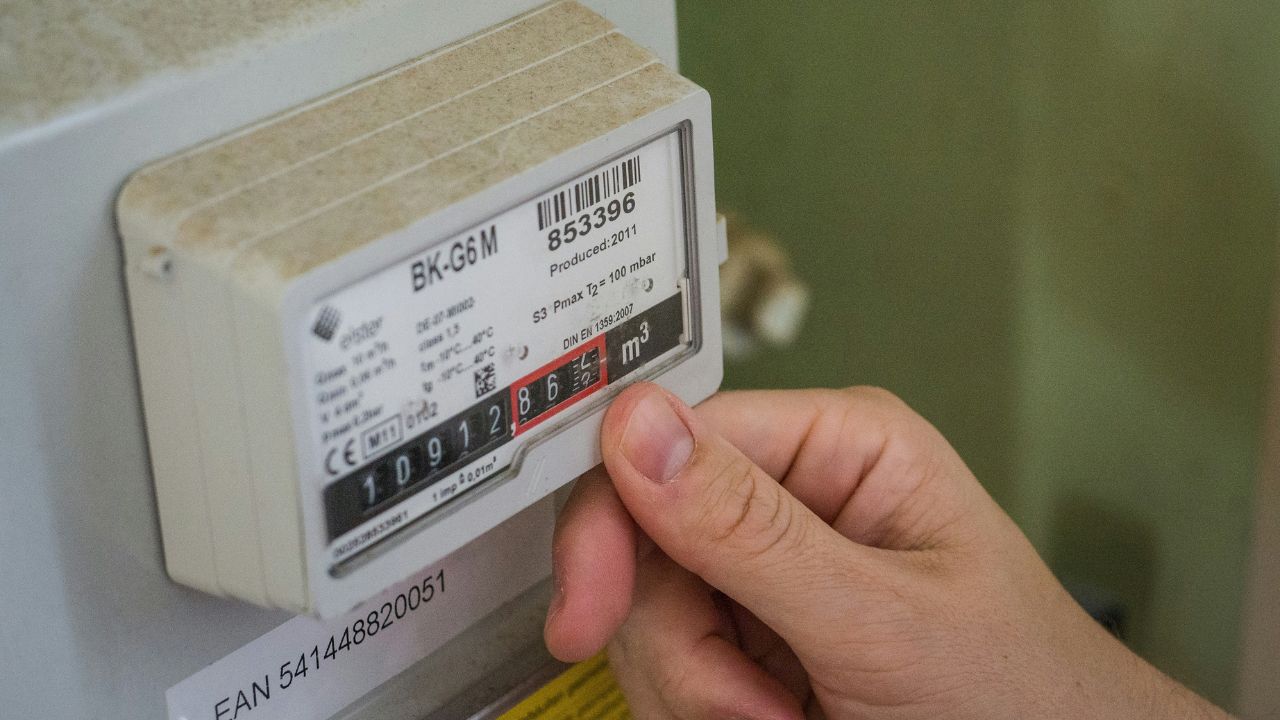
Some people try to avoid full utility costs by tampering with their electric meters, either by inserting objects to slow it down or rerouting power before it passes through the meter. This may reduce bills temporarily, but it’s illegal and dangerous. In many states, tampering is a felony and can lead to criminal charges. Utilities may back-charge for estimated unbilled usage and disconnect your service. This action also risks causing fires or electrocution due to improper wiring or exposed circuits.
2. Running Power from a Neighbor’s Outlet or Meter
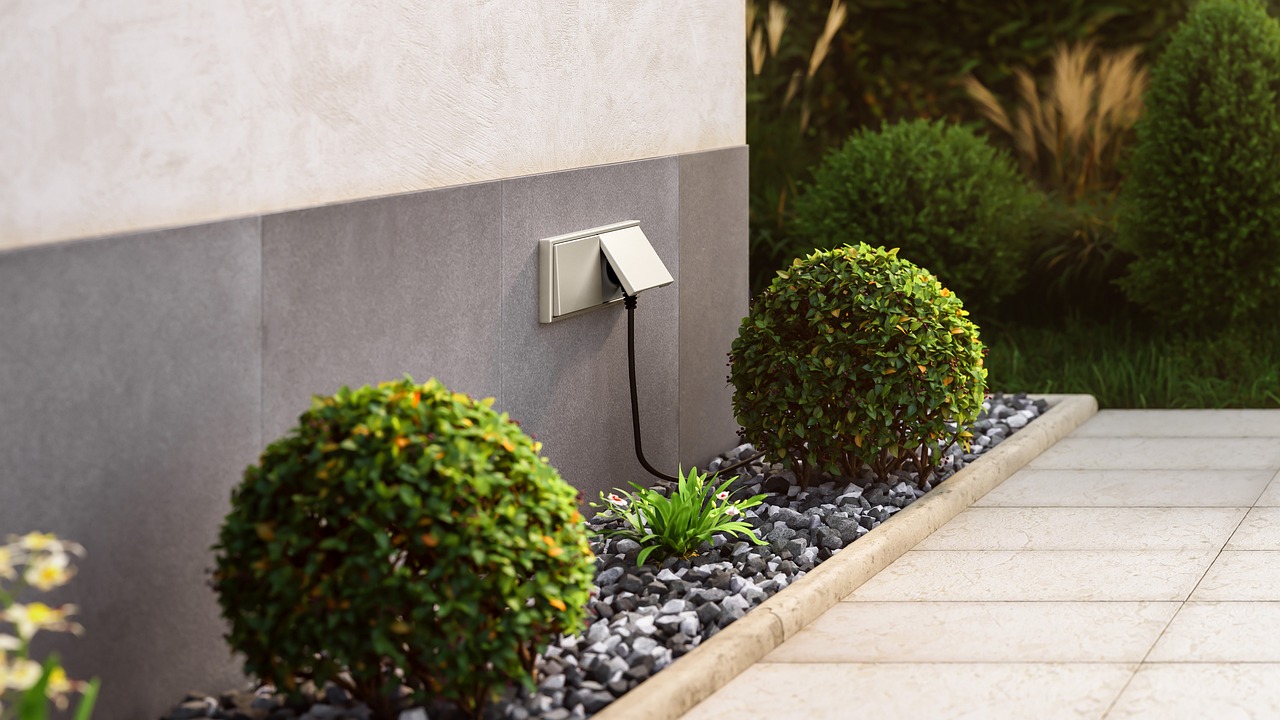
Plugging your home, garage, RV, or any structure into your neighbor’s outlet might sound like a temporary favor, but if done without official permission or approval, it could be considered utility theft. It’s especially serious if it bypasses any form of metering. Even if your neighbor is okay with it, the utility company likely is not. If discovered, both parties may be fined or held responsible. Unauthorized lines can also be unsafe and violate local building or fire codes.
3. Reconnecting Utility Service After Shutoff
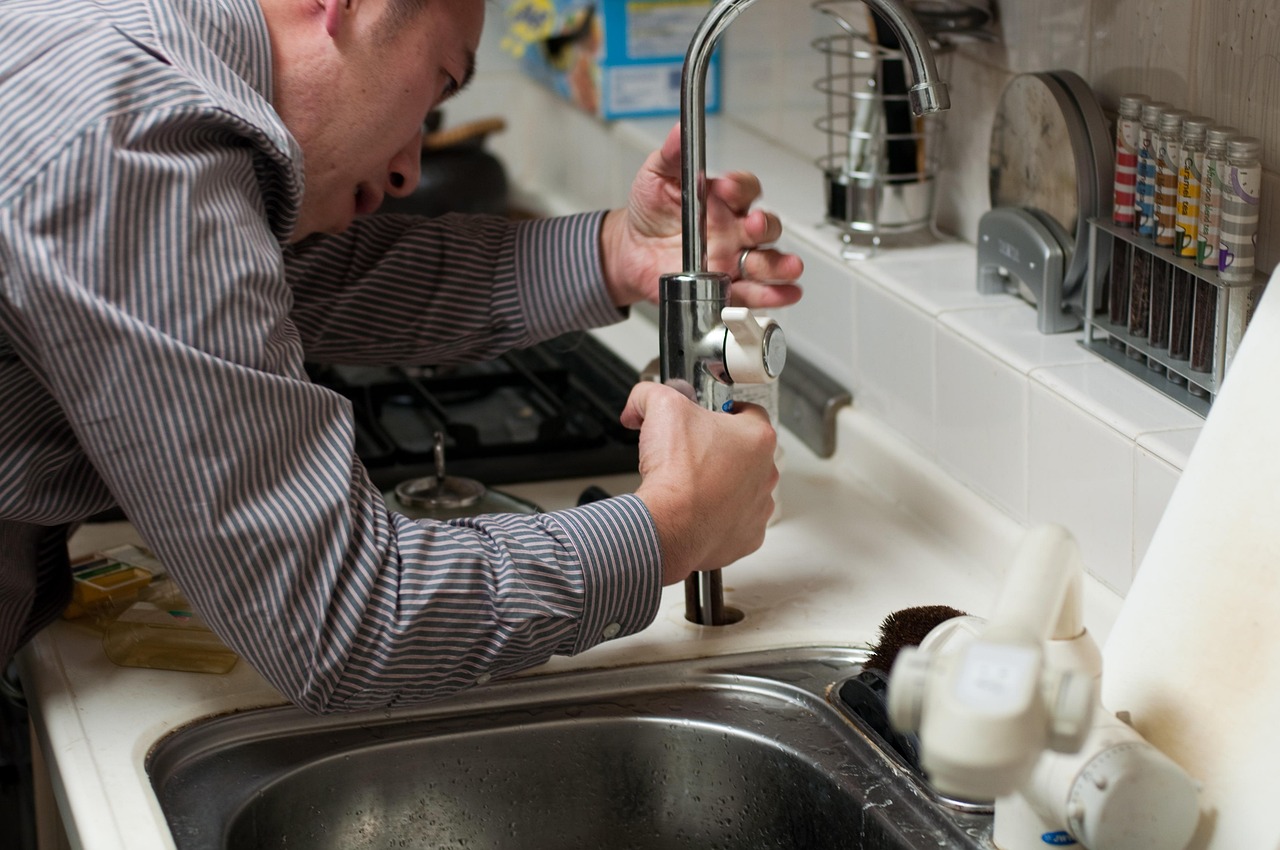
If your utility provider shuts off your power, gas, or water service due to nonpayment or violations, reconnecting it yourself is illegal in nearly every state. This could include flipping a breaker, cutting a lock, or reconnecting lines. Utility companies often file charges for unauthorized reconnection, and some states include jail time for repeat offenses. Not only does it create billing issues, but it’s dangerous for utility workers and anyone else using the system. Always work with your provider to resolve shutoffs legally.
4. Diverting or Tapping Water or Gas Lines

Connecting to a water or gas supply without permission, or diverting it to another building or use without approval, can be a form of theft and may also violate health and safety laws. This includes digging into main lines or extending pipes to serve other properties. Gas diversions, in particular, are extremely hazardous and have been linked to fires and explosions. Legal consequences include utility disconnection, civil penalties, and even felony charges in certain jurisdictions, especially if tampering leads to public risk.
5. Using Someone Else’s Wi‑Fi, Cable, or Streaming Account Without Permission
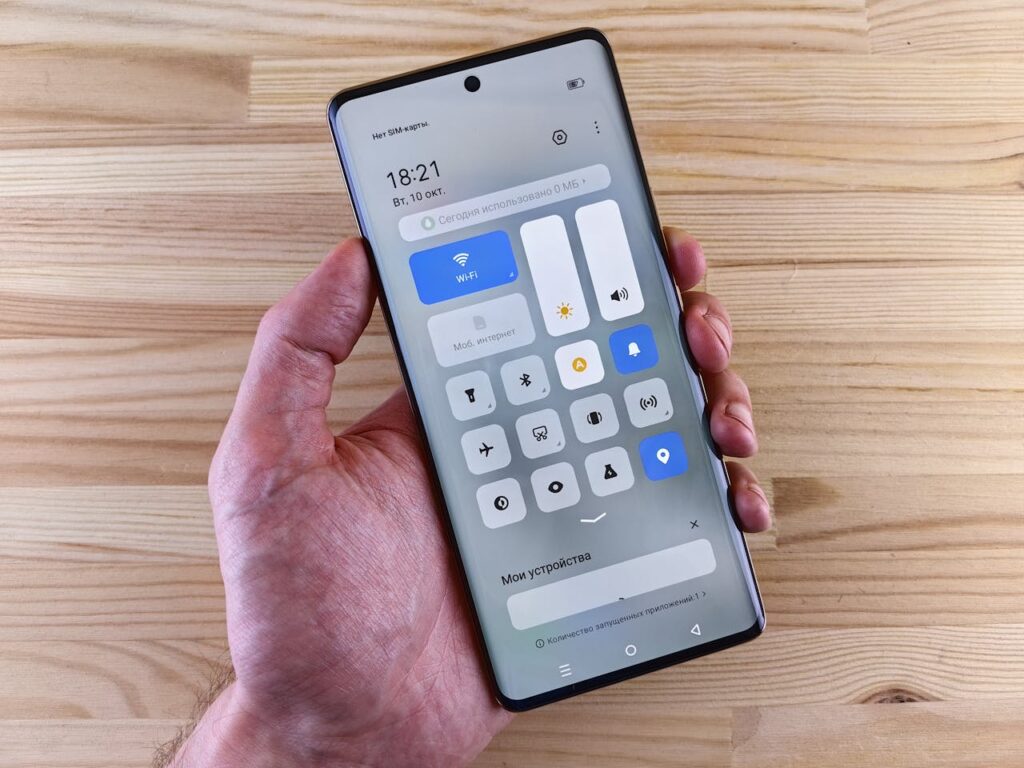
Accessing paid services like cable TV, internet, or premium streaming accounts without the account holder’s consent may qualify as theft of service. This can include logging into someone’s Wi‑Fi network without permission, splitting a cable line, or using login credentials passed around among friends. While streaming service sharing may be common, using stolen credentials or devices modified to bypass security is often treated as fraud. If caught, users can face civil lawsuits, banned accounts, and even criminal charges in some cases.
6. Submitting False Meter Readings or Usage Info
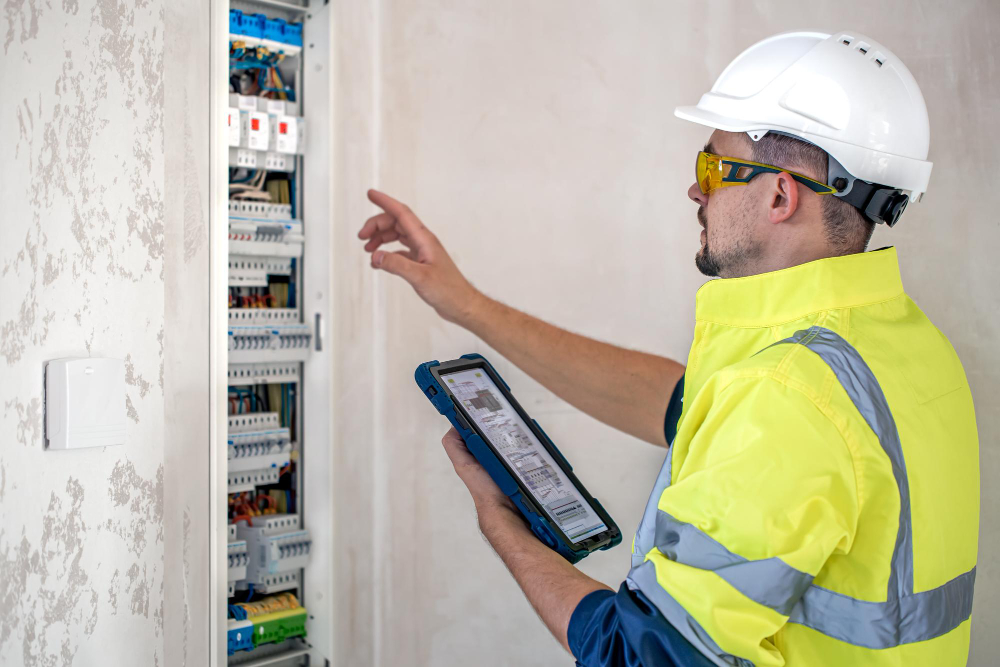
In some areas, customers are allowed to submit their own utility readings. Falsifying those numbers to lower a bill or hiding high usage can be considered fraud. Similarly, lying about how many people live at a residence or what kind of business is operating there can change how the account is billed. Utilities may charge residential rates for homes but commercial rates for businesses. If you provide false details to reduce your charges, you could be investigated and required to pay for the difference, plus penalties.
7. Using Illegal Submeters or Masking Equipment
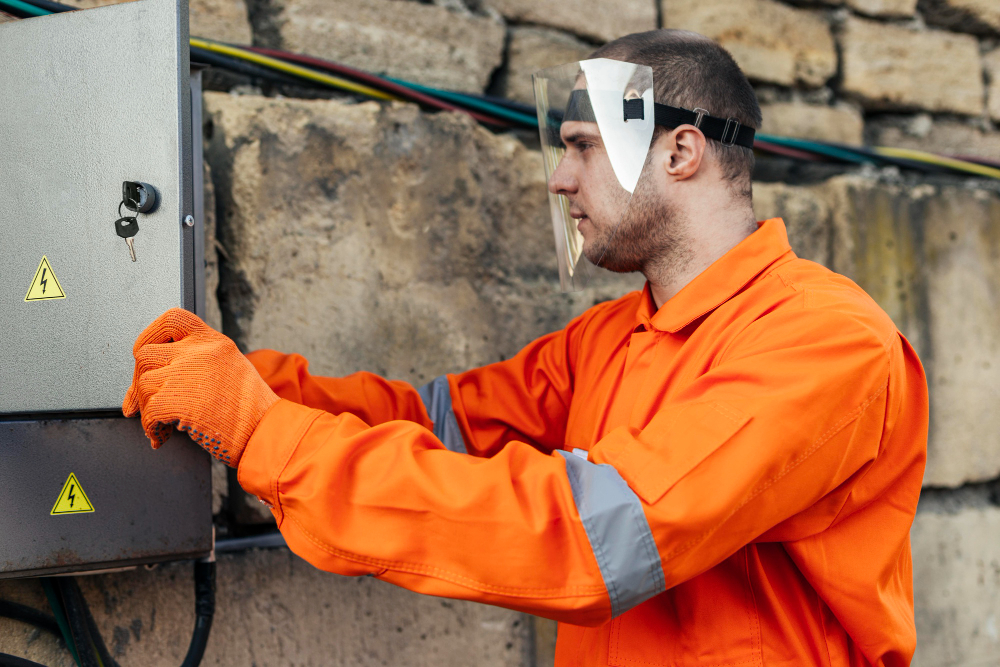
Some landlords or tenants install unauthorized submeters to reroute electricity or water around the official meter, hiding true usage from the utility company. Others may use devices designed to interfere with signal transmission from smart meters. These practices are not only dishonest, they can be very dangerous. If discovered, utilities will likely issue backdated bills, remove service, and report the violation to authorities. In many states, such activity is a felony. Even tampering for a small savings can lead to long-term consequences.
8. Hiring Someone to Set Up Fake or Illegal Connections
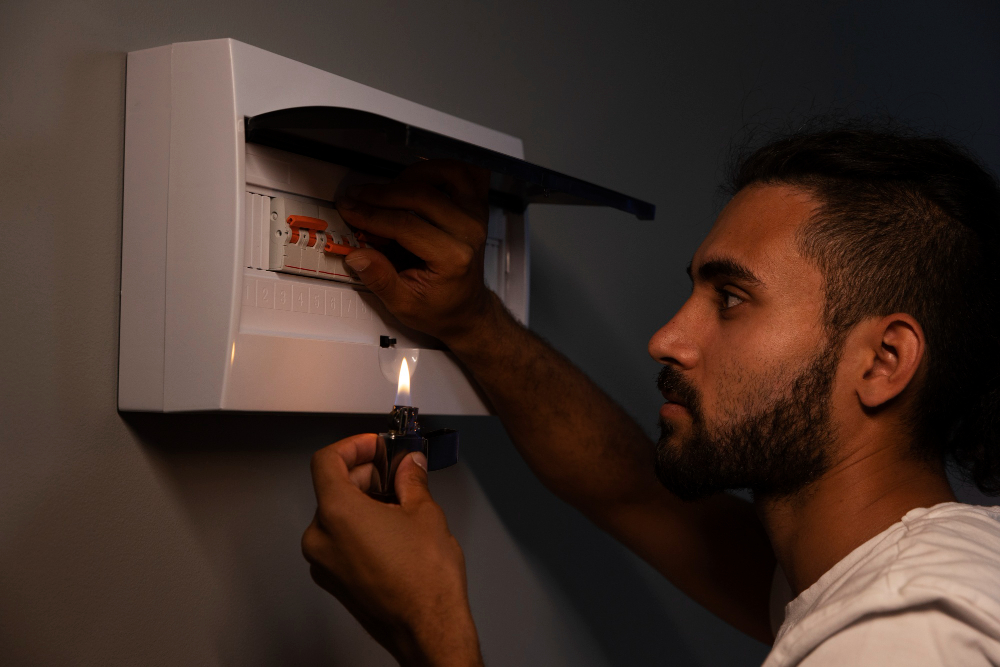
Paying a technician or third party to rig a utility connection, falsify an account, or steal service on your behalf is not only dishonest, it can lead to conspiracy and fraud charges. This includes using fake names, stolen identities, or underground installers to get around proper connections. In recent years, law enforcement has cracked down on such setups, especially in larger schemes involving commercial properties. If you knowingly take part in arranging or benefiting from an illegal utility setup, you are equally responsible under the law.


